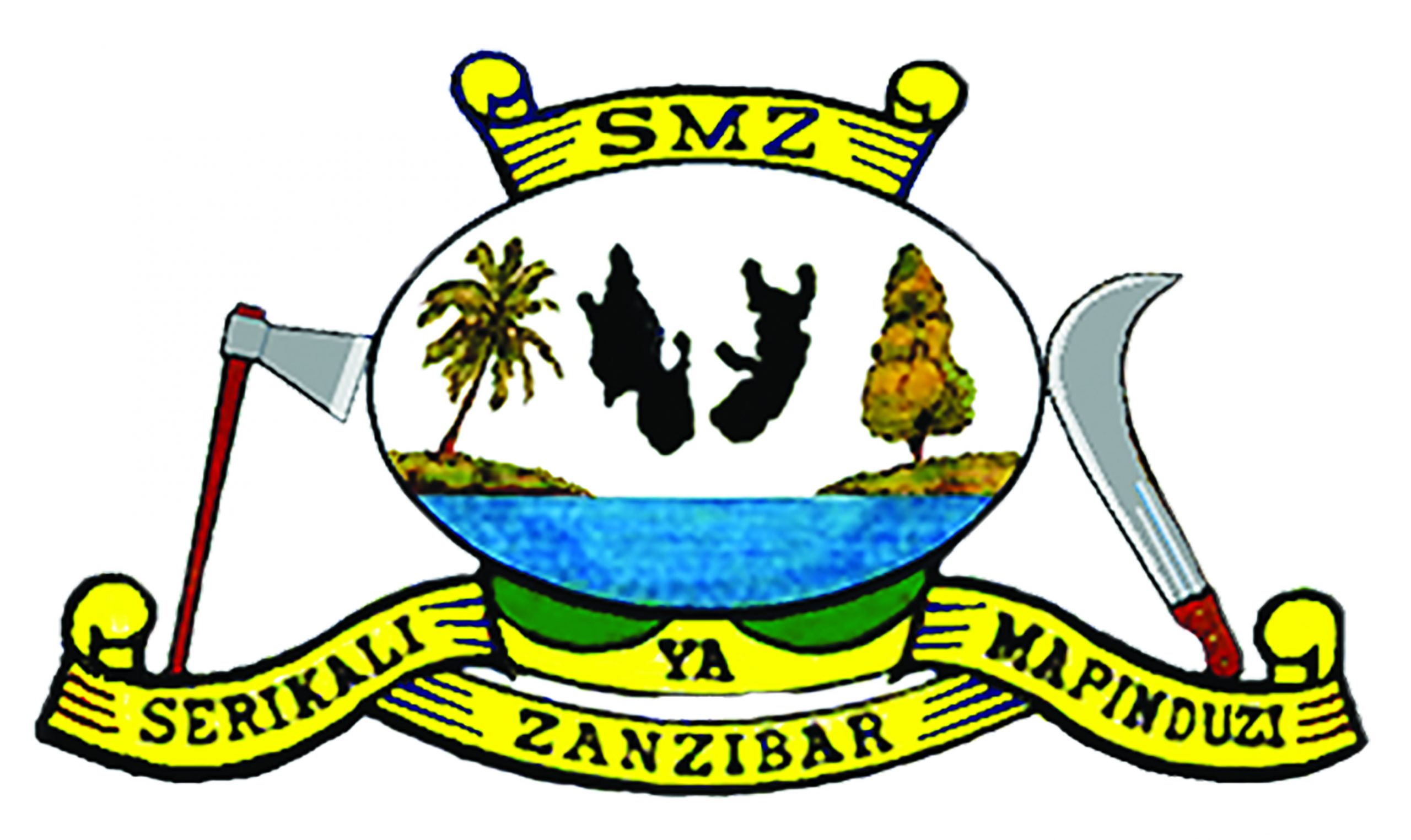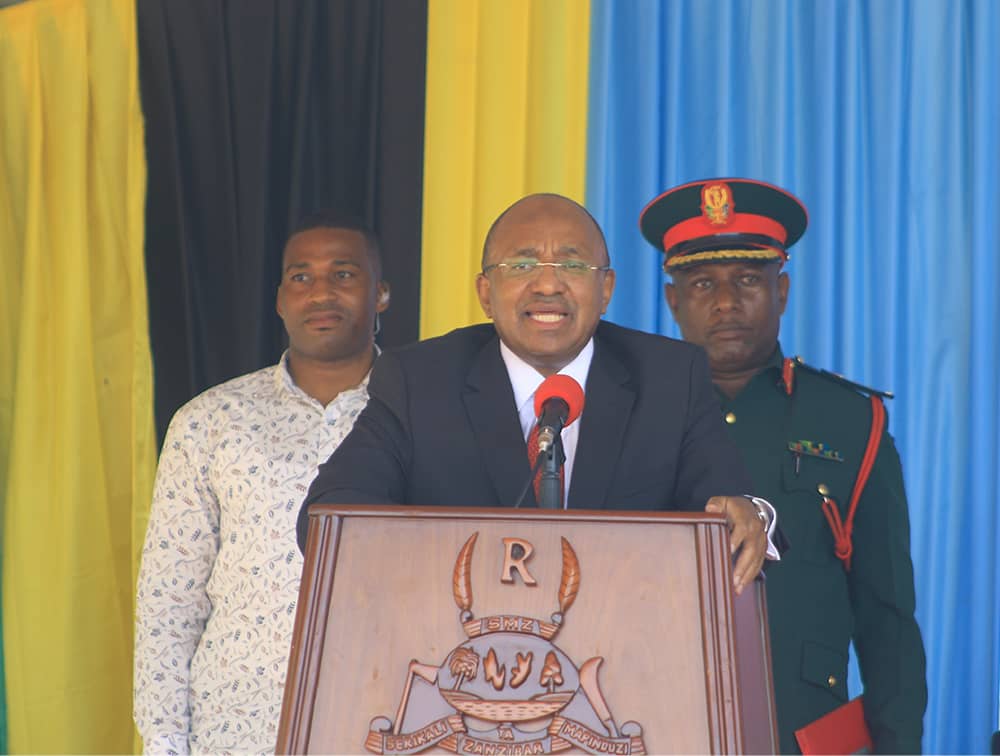The President of Zanzibar and Chairman of the Revolutionary Council, Dr. Hussein Ali Mwinyi, stated that the government officially recognizes and warmly welcomes community health workers (CHWs) and will support their advancement in this new field of ‘Community Health Workers’ as part of the community health workforce.
Dr. Mwinyi made these remarks during the national launch of the Community Health Workers program in Zanzibar at the Maisara Suleiman grounds. He mentioned that the government acknowledges their excellent work, their discipline, and the benefits of their services provided in enhancing the health of citizens, officially recognizing them as CHWs from Community Health Volunteers (CHVs).
He further noted that the launch of this program signifies hope for citizens to receive better services after its official inauguration. Dr. Mwinyi highlighted that through this initiative, Zanzibar is taking significant steps in advancing the community health sector by connecting healthcare services beyond health facilities to the communities where people reside.
He emphasized that this is a substantial step toward strengthening community healthcare services, a prideful achievement that offers opportunities for other nations to come to Zanzibar for learning purposes.
President Mwinyi commended these workers for their dedicated service to the community, aiming to improve the community’s health. He highlighted their extensive work within the community, going from house to house to gather information crucial for effective service delivery, utilizing modern digital technology.
He also said the importance of this approach, we will building their capacity and empowering them within the healthcare delivery systems in the country. He mentioned that focusing on community-level healthcare is crucial, as it’s the primary point of service delivery and requires significant attention.
He praised and thanked the Community Health Workers for their dedication, passion, and patriotism in serving the community.
Regarding the slogan ‘Let’s go together to support community-level health workers towards achieving better healthcare services for all,’ Dr. Mwinyi stated that it accurately represents the work being done by these health workers. He asserted that their success hinges on support from the community and other stakeholders due to the challenging nature of their work.
He advised the community to support these workers and provide them with good cooperation to enable them to fulfill their duties effectively. Addressing the challenges faced by these workers, including receiving a meager allowance of 47,000, he announced that this new arrangement would triple the allowance, provided 3,000 new phones by Tigo Zantel, and directed the Ministry of Health to resolve payment delays during training.
He assured that the government will continue to strengthen the healthcare sector by improving infrastructure and providing modern medical equipment for citizen services, ensuring that these services reach every citizen from the community-based foundation to referral services.
President Mwinyi assured the donors of the government’s high regard for their contribution to improving healthcare services in the country, promising full cooperation to achieve the goals set by the program, even after the donors handover the Program due to its significance.
The Minister of Health Zanzibar, Nassor Ahmed Mazrui, emphasized that these workers are vital to the ministry at the community level, playing a significant role in providing education and healthcare services to citizens.
He reiterated the ministry’s commitment to establishing a robust link at the community level to enhance the efficiency of their work and formalize their recognition within society.
Acting Secretary-General of the Ministry of Health in Zanzibar, Amour Suleiman Mohammed, highlighted the extensive services provided by these workers at the community level. These services include health education on various diseases, especially concerning mothers and children, facilitating referrals for community members with health issues or signs of various diseases, connecting them to health centers for proper and timely treatment.
Additionally, he mentioned that these workers report health-related issues to relevant institutions, identify unvaccinated children, facilitate their vaccination, participate in campaigns against communicable diseases, distribute various health materials in the community, such as mosquito nets, deworming drugs, among others.
He further mentioned that they gather health-related data through various research to aid in planning changes, assist in controlling and preventing outbreaks of contagious diseases.
He noted that Zanzibar leads in establishing healthcare workers, having registered 85% of community members through this program, reducing home deliveries, maternal and child deaths, cases of malnutrition, and other illnesses.
Development partners including UNICEF, D-Tree, and USAID promised to continue collaborating with the government in advancing healthcare and overall development.
They commended the government’s recognition of these youths as a means of initiating primary healthcare services at the community level.
Speaking on behalf of 2,300 workers in Unguja and Pemba, Ali Yahya Rashid mentioned that since they began working in 2020, they received health and environmental education to efficiently carry out their duties.
Despite various achievements, they face challenges such as low monthly allowances due to their work, lack of uniforms, and identification


